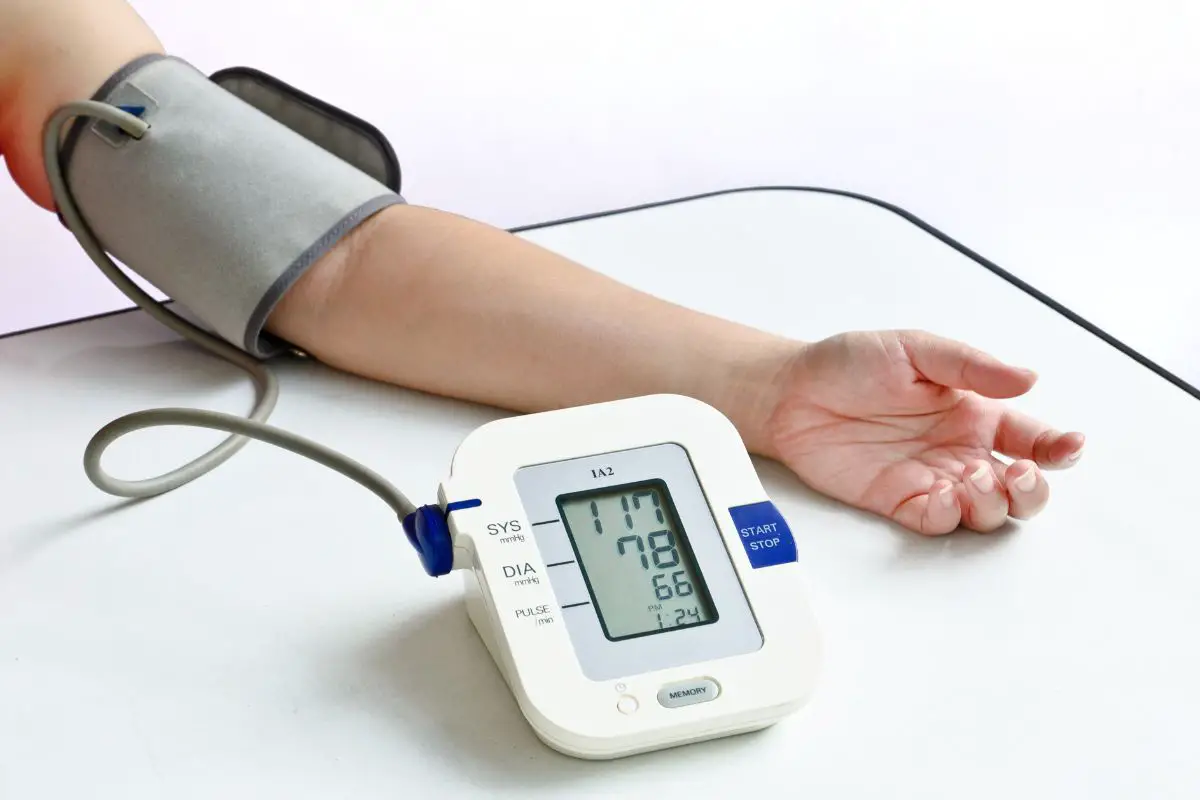Today, coffee is among the most loved beverages in the world. Millions of people around the world consume at least 19 billion pounds of coffee annually. If you love drinking coffee, then you likely know the buzz that comes after the initial few sips. In fact, coffee aroma alone is sufficient to make you livelier.

However, there’s an unending debate on whether drinking coffee regularly is healthy, especially whether it affects heart health and blood pressure.
In this article, you’ll learn more about this debate and find out whether taking coffee can raise blood pressure. You’ll also find out whether you need to reduce your daily coffee intake.
Effect of Coffee on Blood Pressure
Scientific evidence indicates that the effects of taking coffee may be more than just making you feel energized and livelier. Research shows that coffee can temporarily raise blood pressure shortly after consumption.
Upon analyzing several studies, it’s evident that consuming 200 to 300 milligrams of caffeine (about 1 ½ to 2 cups of coffee) results in a systolic blood pressure increase by about 8 mmHg and a diastolic blood pressure increase by about 6 mmHg.
The effect was noted for a period of 3 hours at most upon consumption. Individuals with high blood pressure (also known as HBP or hypertension) and those having minimum normal blood pressure showed similar results.
Interestingly, drinking coffee regularly isn’t linked to similar effects on an individual’s blood pressure. It’s believed that people gain caffeine tolerance upon drinking coffee habitually.
According to these findings, you may experience a slight increase in blood pressure soon after drinking coffee, especially for individuals who don’t drink coffee regularly. However, this effect gets diminished by drinking coffee habitually.
Effects of Taking Coffee in the Long-Term
Although coffee can increase blood pressure for a short while after consuming it, this side effect isn’t long-term. It only occurs for a short period.
Current research findings indicate that individuals who have hypertension aren’t affected by taking coffee daily. Also, they don’t experience any risk of developing heart disease.
Coffee may have several health benefits. Research findings indicate that for healthy people, consuming coffee daily (about 3 to 5 cups) reduces the risk of developing heart disease by a rate of 15 percent. Also, it reduces the risk of dying prematurely.
Coffee contains several bioactive compounds known to be potent antioxidants. Thus, drinking coffee may reduce oxidants from your body. In fact, antioxidants may enhance heart health.
Some research theory indicates that the health benefits of drinking coffee regularly outweigh any likely negative effects.
Regardless, further research should be done to find out the health effects that coffee may have on long-term intake. Existing research indicates that it’s perfectly safe to take coffee habitually.
Should you reduce coffee intake if you’re suffering from hypertension?
Considering there’re beliefs that coffee intake increases blood pressure, you may be worried about consuming coffee if you’re suffering from HBP or at risk of developing heart disease. However, for most individuals, moderate coffee intake may not have significant effects on their blood pressure, even for individuals who have ever been diagnosed with HBP. Also, moderate coffee intake may not increase your risk of developing heart disease.
Coffee contains some bioactive compounds that may offer numerous health benefits such as reduced inflammation and oxidative stress.
However, it’s not advised to take coffee excessively. The reason behind this is that caffeine is linked to a slight increase in blood pressure. Thus, taking too much coffee isn’t advisable for anyone with HBP.
If you only take coffee once in a while, wait for your blood pressure to be under control prior to making coffee a routine drink. That way, your body will have tolerated coffee such you won’t experience a temporary increase in blood pressure.
Remember that drinking or eating anything excessively can affect your health negatively. Coffee isn’t exempted from this fact. Thus, ensure you maintain a balanced diet and healthy lifestyle to protect your health.
A diet comprising whole grains, lean protein, vegetables, and fruits combined with regular exercising are some great ways you can promote a healthy heart and blood pressure. Focusing on a healthy lifestyle is better than having concerns over coffee intake.
Conclusion
Although coffee is among the most preferred beverages in the world, it’s claimed to cause hypertension. Research findings show that coffee intake can cause a short-term increase in an individual’s blood pressure.
Currently, there’re no research findings linking regular coffee intake to heart disease or increased blood pressure. In fact, coffee may enhance heart health, thanks to its potent antioxidant properties. Although further research is required, moderate coffee consumption may be the safest thing to do for most individuals.
Related Articles